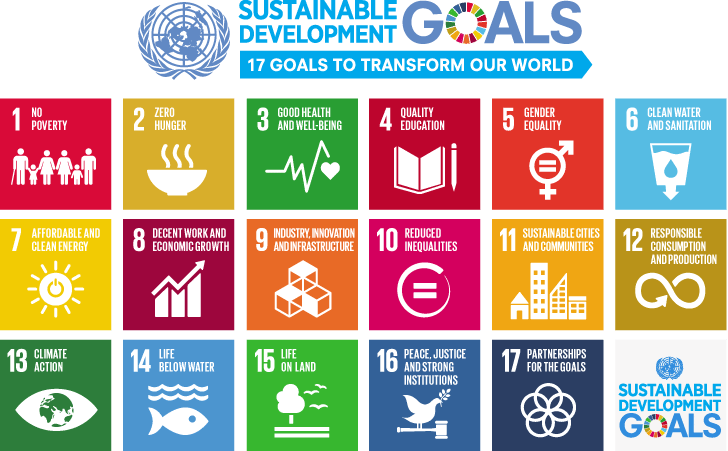As we pass the halfway point, are we on track to meet the 2030 Agenda?
In 2015, every member state of the UN adopted the 17 Sustainable Development Goals (SDGs) and vowed to work towards their realization by 2030. With less than half the amount of time left, are we still on track towards achieving the Agenda? And what part can food systems play in realizing the SDGs?
In July, Food Secure Canada participated in the UN High-Level Political Forum on Sustainable Development (HLPF) as part of the Canadian delegation. This forum is an opportunity for nations to present their progress, receive feedback and learn from others. Canada was one of 39 countries that this year presented its Voluntary National Review (VNR).
At the HLPF, the Secretary General of the United Nations, António Guterres, answered the first question above in blunt terms: No. Based on the data available, roughly 80% of targets are moderately or severely off track – shockingly, 30% have not moved at all or even regressed below the 2015 baseline. And while many government leaders attributed this lack of progress to the impact of the covid-19 pandemic and Russia’s war of aggression in Ukraine, the bigger issue continues to be government inaction.
We can see one example of regression in Canada, where the rise in reported rates of food insecurity constitutes a reversal of progress on SDG #2: Zero Hunger. This comes despite having roughly halved poverty rates since 2015, and the Canadian government readily acknowledges that food security is a matter of income security. But given that these results are based on data from 2021, there is probably much worse news to come. The inflation rate in 2022 reached a 40-year high, pushing up the cost of food and other basic goods, and the cost of rent has been increasing at an even faster rate. All this increases material deprivation, and thus food insecurity, particularly for groups that already experience alarmingly high rates of food insecurity such as Black and Indigenous people, and those with a disability.
Food Secure Canada has continuously advocated for a transformative approach to food systems that will bolster not just food security but a wide range of other targets, including every single SDG. This year the government is expected to release its draft Sustainable Agriculture Strategy, a guiding document that has the potential to revolutionize the way we produce food for decades to come. However, that potential depends on what voices were prioritized in its open consultation. Historically, agricultural policy has largely been shaped through the immense lobbying power of agri-businesses that today capture the vast majority of agricultural revenues, to the detriment of farm livelihoods, the environment and our own national food sovereignty. To escape from the status quo born of the Green Revolution will require a fourth agroecological revolution. For the kind of change needed to meet the SDGs and the climate crisis, the input of farmers, environmentalists, and civil society will need to be elevated.
Another highly anticipated change is the budgetary commitment to a national school food program which the Liberal government promised in the 2021 election campaign. This step would provide progress on every SDG, and bring us in line with other industrialized nations who have recognized the value of such a program. And while the program would be spurred by an investment from the federal level, the program itself would be adapted to meet regional requirements. This is an example of a change in an often overlooked area of our food system–food procurement–that has positive ripple effects in education, health, culture and local economies, to name a few.
The SDGs are ambitious, requiring collaboration across all sectors of society, and rightly so given the gravity and immensity of the climate crisis before us. Complex solutions require a diversity of knowledge, and Food Secure Canada is committed to bringing the voices of the food movement to national attention.
